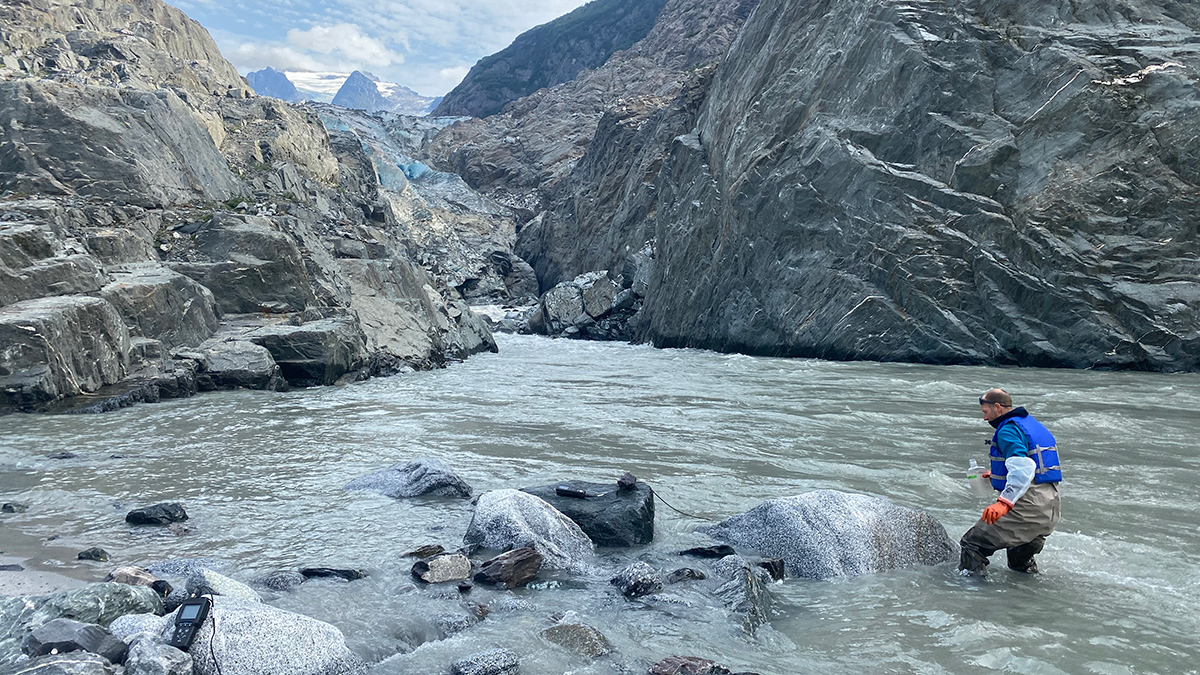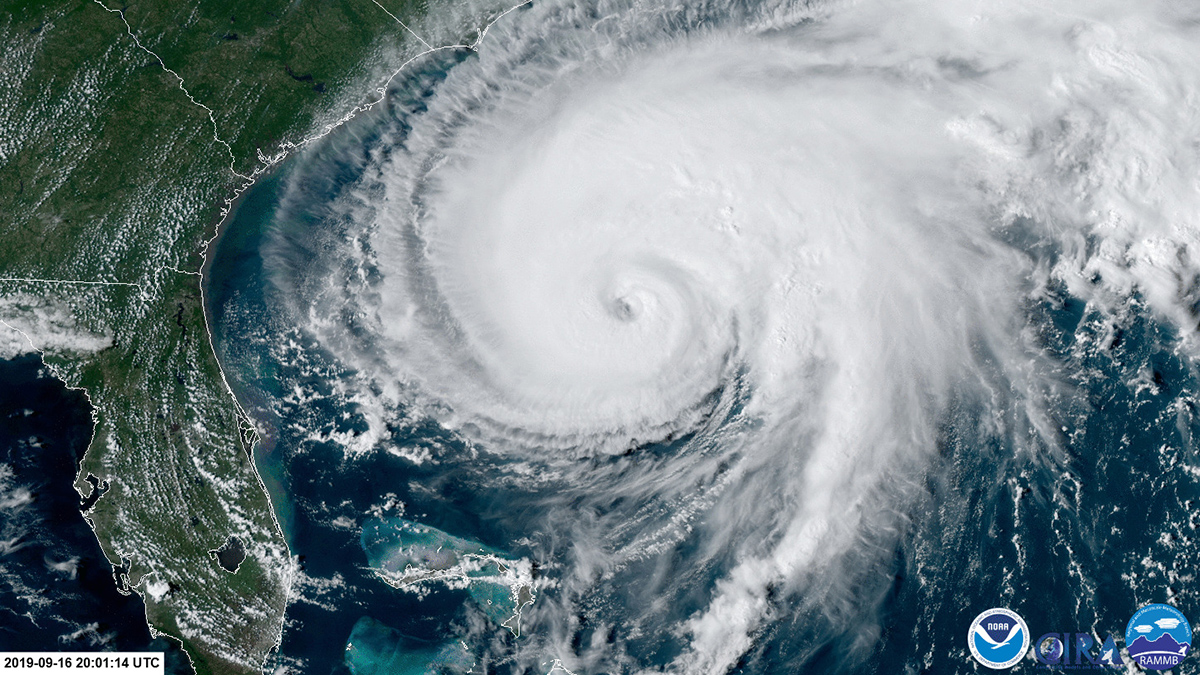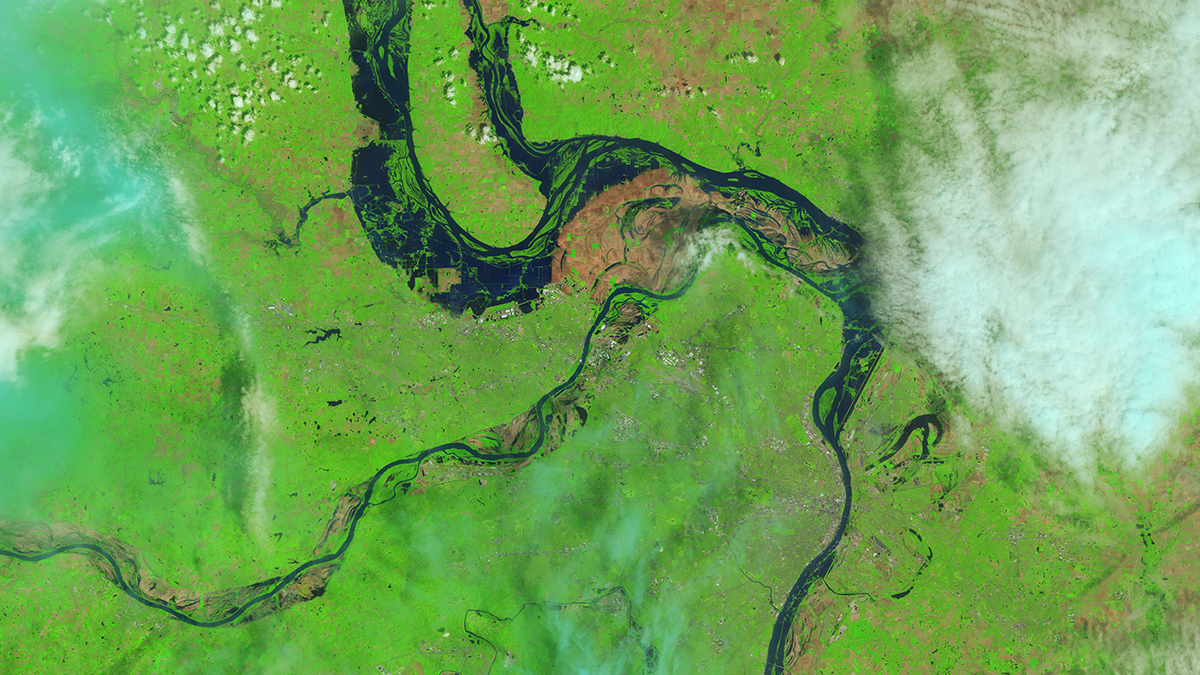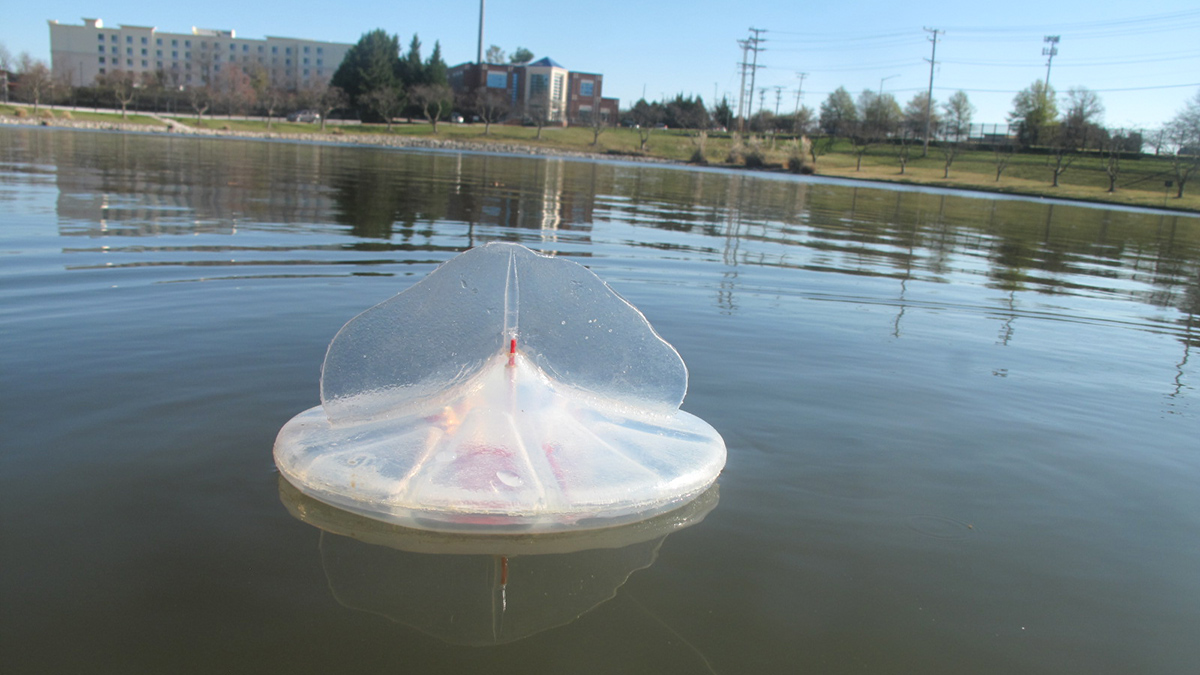A new study catalogs how dissolved inorganic carbon moves through southeast Alaska’s waterways.
Oceans
There is No JOIDES in Mudville
After almost 4 decades of research, the JOIDES Resolution will retire in 2024, leaving the ocean floor in peace (for now).
Deep Emissions Cuts Still Needed to Prevent the Worst Climate Change Impacts
A new federal report says the effects of human-caused climate change are worsening in every region of the United States, but the technology to address it exists.
Gently Down the Stream: Carbon’s Journey from Land to Sea and Beyond
Movement of carbon from land to ocean and atmosphere plays an important, but understudied, role in the global carbon cycle.
Rivers Are Warming Up and Losing Oxygen
Researchers used deep learning to fill in the gaps of “patchy” water quality data, revealing decades-long trends toward warmer and less oxygenated rivers that could have worrisome consequences.
Patterns of Surface Warming Matter for Climate Sensitivity
Location, location, location. Surface temperature patterns play a fundamental role in Earth’s energy budget.
Biodegradable Sensors Could Explore the Seas More Sustainably
Researchers are developing environmentally friendly instruments to monitor the oceans.
Popping Bubbles Make Glaciers Melt Faster
Accounting for the newfound bubble effect could improve estimates of how sea-terminating glaciers melt underwater—and better anticipate their shrinkage as oceans warm.
Crowdsourced Science Pulls Off a Daring WWII Data Rescue
Newly declassified documents are making wartime weather observations in the Pacific Theater more robust, and could improve climate models today.
Rainfall from Tropical Storms Might Be on the Downswing
Two decades’ worth of satellite data suggest that the rainfall rates of tropical cyclones might be decreasing relative to background levels.










